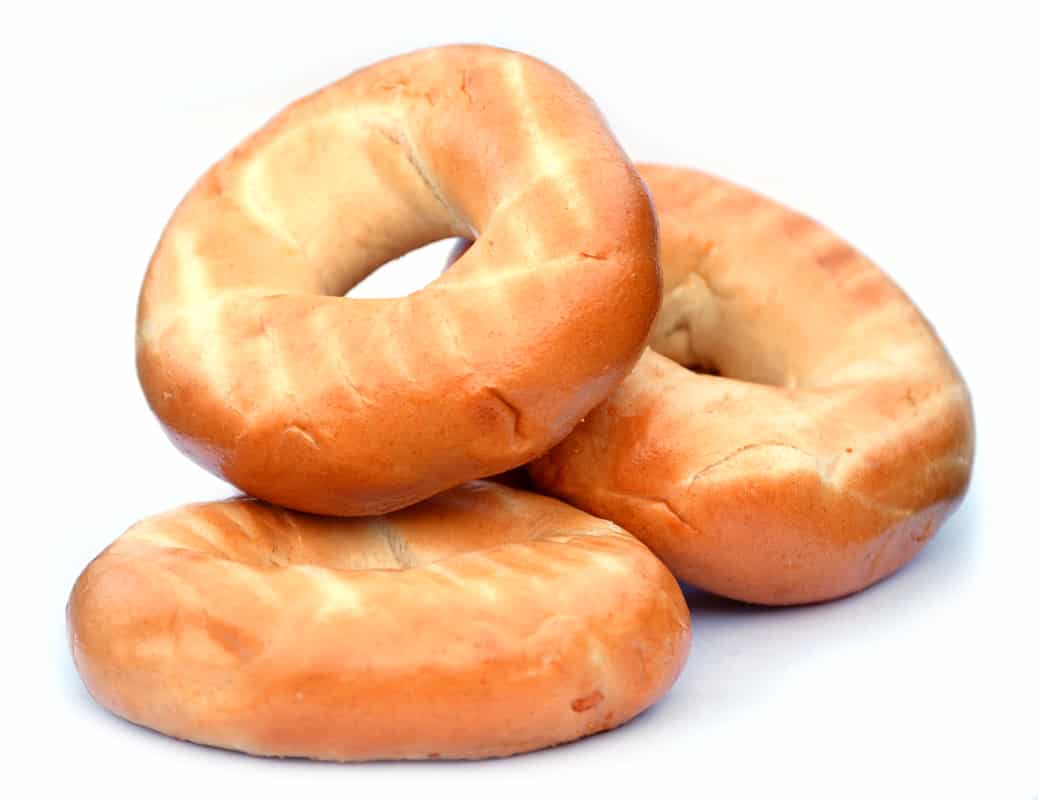When I work with a client on their food, I often recommend counting carbohydrates or carbs. {Help! What’s A Carb?} This is helpful because confronting how much one is actually consuming often motivates a person to change. As a result people will lower their carbs quite often, without me having to ask them. This is great most of the time! But here are a couple of things I have noticed, based on my experience working with clients, and also from my own experience with food:
- Most people really do need to reduce their carbohydrate intake. Carbs turn into sugar in the body. Too much sugar causes inflammation and organ damage. Cutting carbs take immense stress off your body’s energy regulation system, and lays a solid foundation for healing.
- When you start counting carbohydrates, you will realize they are lurking not only in grains and sugars, but also in milk, beans, fruit, and vegetables. This is important to realize because the food industry will have us believe that only simply sugars and starches are carbs. How many nutritionists have you heard tell you that you need “good carbs”? Well I am here to tell you that a carb is a carb! Whether it turns to sugar immediately or more slowly it still turns to SUGAR. So you must be judicious with carbs. For example I personally can’t eat too much fruit, and can tolerate NO table sugar AT ALL. I can get away with a small amount of grain however. I know other people who have no problem with fruit, but do very poorly on grains. When you start counting carbohydrates, you will begin to notice these types of patterns.
- Don’t reduce your carbs too fast. People can often get away with this, but some people get too cranky (as their metabolism accommodates). If you push through this it will get better but oftentimes a more gradual approach is warranted.
- Don’t reduce your carbs too far. Again, you run the risk of not feeling great for a short period of time. And some people should not cut carbs too far (by all means still cut back, just not ALL the way back). This is very individual. For example: most people who need to lose weight will benefit from cutting carbs back to a much smaller % of their overall calories. However some people (especially if they have certain hormonal imbalances) will do better on a more balanced ratio like an iso-caloric or Zone-type diet. Anyway, as we go along you will learn which category you fit into 🙂
- Ketogenic or very low carb, high fat diets are excellent for many people, but are not for everyone all the time. I tried it but it was not excellent. I know other people for whom it was excellent. Again, I will take your specific concerns into account when helping you design a food plan.
- Weight loss can be difficult. There are many factors at play. Where is you “sweet spot” as far as the carb count goes (yes, counting carbohydrates becomes necessary here). And is your body able to clear the fat as it’s being burned? Is there a “block” to the fat-burner being turned on? Are there toxins that the body is trying to protect you from, that need to be helped first before the fat will start to come off? The bottom line is you need to get healthy first, then worry about losing the weight later if necessary.
Here is my food log from last week (I stopped the keto but as you can see I am still watching my carb intake):
Friday, September 9, 2016 (74 grams of carbs)
Breakfast
2 TBSP butter and coffee
Potato, sausage and egg breakfast casserole (30)
More coffee
Lunch
Macadamia nuts (15) (3g)
2 chicken sausages
Mixed greens
Supper – 2 hot dogs with mustard and relish
Tortilla chips (20)
Watermelon (21)
Saturday, September 10, 2016 (63 g of carbs)
Breakfast – 2 TBSP butter and coffee
Macadamia nuts (3)
2 chicken sausages with mixed greens
Lunch-iced tea at the brasserie
Steamed clams
Arugula, smoked salmon and pear salad (30)
Snack before church – a banana (24)
Supper – walnuts (4)
2 fat bombs (2)

